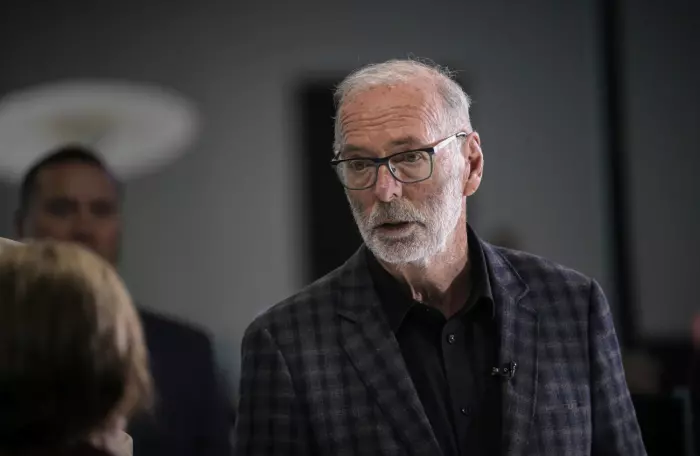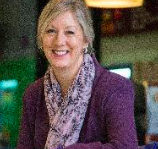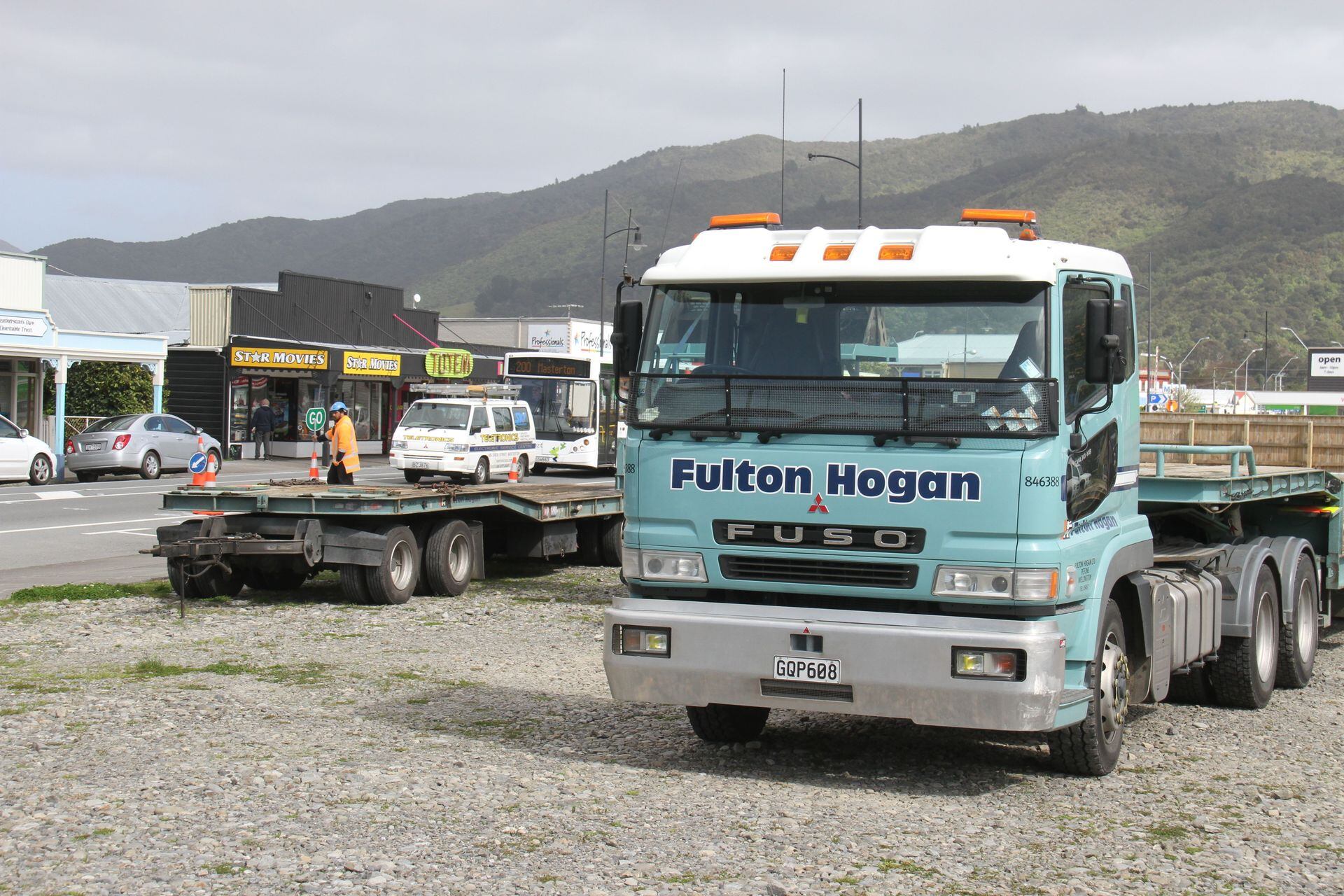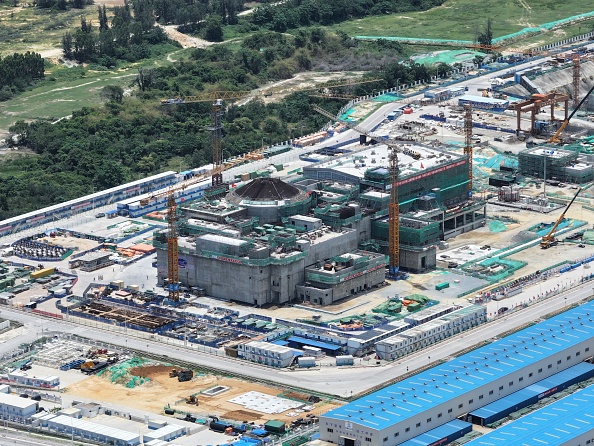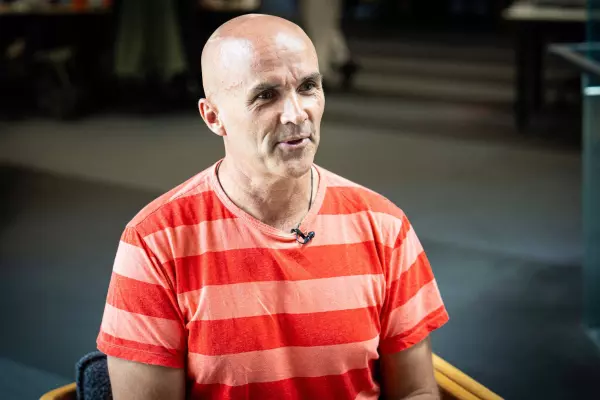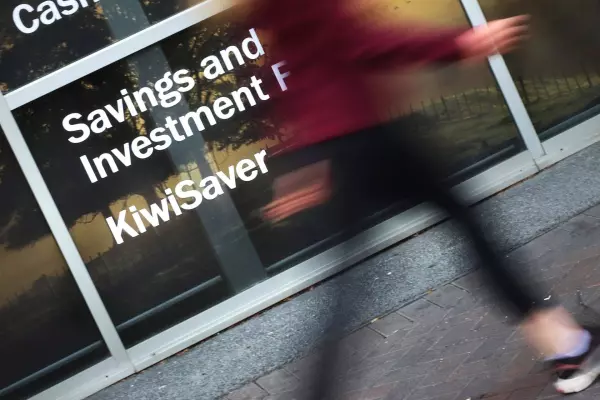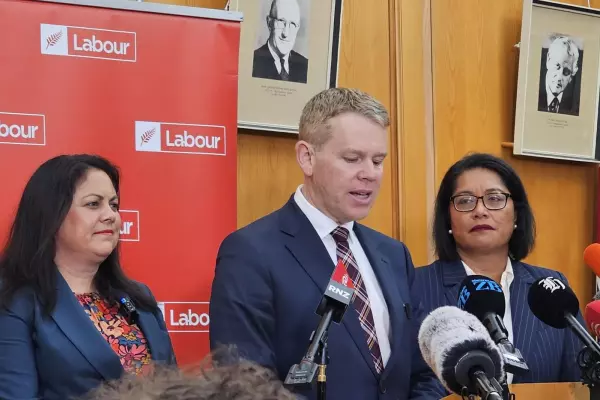As a leadership expert and an Aucklander, I have to say the woeful leadership initially shown by Auckland mayor Wayne Brown in response to Friday night’s flooding ought to concern us all.
Crises are widely recognised as the most challenging tests of a leader’s skills and character.
You need to act decisively, but often with incomplete information and with a lot at stake.
Navigating these situations needs practical wisdom. Research I've done with an Australian colleague has linked this principally to the character virtues of humanity, a sense of justice, prudence, courage and temperance.
In the difficult and complex circumstances presented by crises, it's unrealistic and unreasonable to expect everything to be done perfectly.
But, there’s also a minimum level of competence Aucklanders should be able to expect from their mayor when it comes to leadership.
Management, not leadership
I accept Mayor Brown’s assurances that he was working hard in his office through Friday afternoon and late into the night, gathering data, making sure resources were being deployed, seeking advice from the experts and trying to follow the correct processes involved in declaring a state of emergency.
Those tasks do matter – and clearly, they're an important part of his role. But those activities are management, not leadership. And it’s the leadership bit that concerns me.
For decades, even introductory-level courses and textbooks say both management and leadership matter, but they’re not the same thing.
Management is about making sure things run as efficiently and effectively as possible. It needs close attention to data, facts and due process. The mayor has emphasised he was focused on these during Friday night.
Leadership, however, especially in a crisis, is something different.
It involves figuring out the bigger picture of what’s at stake – sometimes called sense-making – fused with a deep understanding of the human dynamics at stake.
In combination. these kinds of leadership skills allow someone to grasp the most salient issues needing their attention, and to anticipate how people will likely be feeling and what they need to hear and see from their leader, to help them cope with the crisis.
Doing the right thing
As influential leadership scholar Warren Bennis put it, management is about doing things right, while leadership is about doing the right thing.
It’s clear from his own comments that the mayor focused on the first. But his actions on Friday night also show us he forgot about or, worse, is not capable of doing the second, at least not to the standard a city of the size and complexity of Auckland needs and deserves.
The chronology matters here.
Media reported that by 5.07pm fire and emergency services had already logged 400 calls for emergency assistance.
The 6pm TV news broadcasted shocking images of people wading chest-deep in floodwaters, carrying small children in their arms, their homes, vehicles and streets completely inundated.
It’s screamingly obvious that would be a terrifying and dangerous situation to face.
With the rain continuing to fall, by late afternoon or early evening at the latest ‘doing the right thing’ should have seen the mayor proactively communicating care and concern to those already affected, coupled with assurances of support, practical advice about basic issues of safety relevant to a flooding crisis, and making commitments to keep people up-to-date.
No inspiration
A competent leader would have also mentioned that Aucklanders have been through a lot in recent years – and offered inspiration that, while this was likely to be a difficult night, pulling together and supporting each other would help us get through this.
Instead, what we got was a deafening silence. There are, quite literally, no tweets posted on his official mayor of Auckland account dated Friday, Jan 27.
Stuff reported no tweets from Auckland Emergency Management between 6.15pm and 10.04pm.
During those hours that leadership void was, thankfully, being at least partially filled by others, with councillors such as Richard Hills, and local MPs, such as Chloe Swarbrick, proactively communicating via social media with messages of practical advice, showing their care and concern about what was happening.
Overall, the evidence is that Friday saw the mayor focusing excessively on the management part of his role and failing badly to address the leadership component.
His actions the next day were a further cause for concern.
Appearing on RNZ's Kim Hill just after 8am, the mayor offered no message of condolence to the families of those who had died. That lack of empathy is deeply concerning because it features in various approaches to understanding the characteristics of toxic or destructive leadership.
In his mid-afternoon press conference, Brown appeared to misunderstand journalists' questions and was very defensive.
The impression he conveyed was that he felt he and his key advisers simply knew best and that it was inappropriate to call into question their actions.
He knew best
He dismissed the actions of those councillors who on Friday night had stepped into the void of leadership caused by his inaction, appearing to suggest this was an effort to ‘compete’ with him.
If that is indeed what he meant, that is ego getting in the way of his ability – and duty – to do the right thing.
A recently published review of crisis leadership research emphasises some key competencies: communicating, sense-making, decision-making, coordinating teamwork and facilitating learning.
A competent leader, then, knows that people need to see and hear from them as quickly as possible when a crisis is unfolding.
Even if you do not know all the answers – if sense-making is a still work in progress – it’s still important to be there, show you’re listening, that you care and to instil confidence in those you lead that you're doing all you can to help.
That's what we should have seen from the mayor on Friday and Saturday. It may be challenging – but it's also not rocket science.
It was clear on Sunday that the mayor is now seeking to demonstrate at least some of these kinds of leadership behaviours.
Communications are flowing and he is out and about.
Whether Aucklanders will be willing to forgive or move past what the events of Friday and Saturday exposed to us about his character, only time will tell.
Declaration regarding conflict of interest: I declare that I am not now nor have I ever been a member of any political party.


